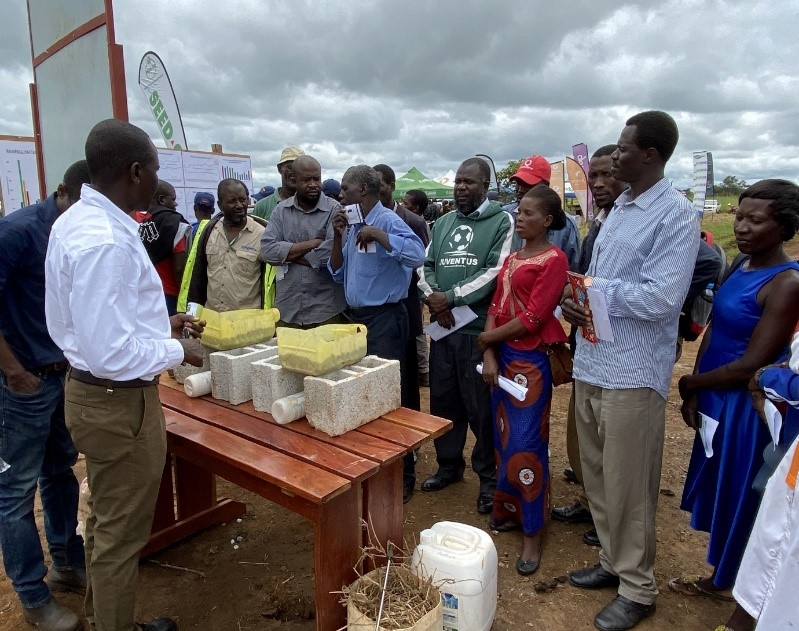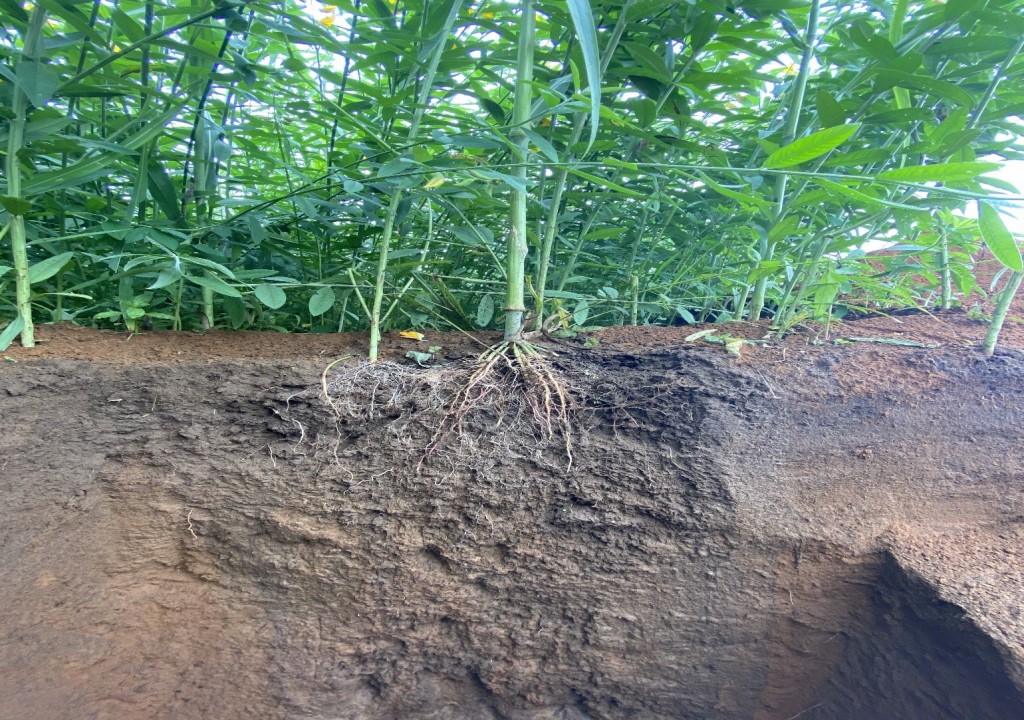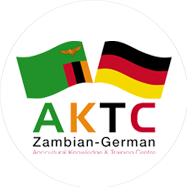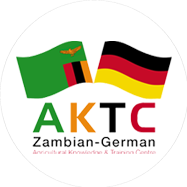The adverse impact of climate change world over cannot be overemphasised. In some African countries, the changes in the weather pattern are not only hard to cope with but have caused hunger among poor families. In Zambia for instance, the previous farming season (2018/2019) recorded a poor harvest in many parts of the country, leaving many families hungry as they could not manage to have access to maize and mealie meal (staple food) due to high prices on the market.
Climate change has undoubtedly impacted the Zambian agricultural sector negatively. For this reason, the Zambian government in cooperation with other non-governmental organisations (NGOs) and international development cooperation agencies has taken strides that will help reduce the adverse effects of climate change and give farmers a level of resilience. The Zambian-German Agricultural Knowledge and Training Centre (AKTC) is one such project that has taken a stand with the Zambian farmer to mitigate the effects of climate change.
AKTC is currently Implementing a research project known as the Climate Adopted Farming Methods (CAFM) which is being done in collaboration with the University of Hohenheim in Germany and the University of Zambia (UNZA). The CAFM research is aimed at reducing climate related yield losses and

Fig 2: CAFM Maize and Soya beans Plots
securing income for market-oriented farmers in Zambia through the application of
climate adaptive tillage methods. Furthermore, the research intends to give emergent farmers, agricultural companies and institutions in Zambia insights on mechanized conservation tillage methods by providing trainings and demonstrations on mechanised conservation agriculture.
CAFM was officially launched on 15th October 2019 by the Zambian minister of agriculture Hon. Michael Katambo at the AKTC Project located at the Golden Valley Agricultural Research Trust (GART) Chaloshi farm in Chisamba. Following the launch, maize, soya beans and some cover crops (Sorghum, sun hemp, millet and sunflower) were planted on different plots of a 27ha piece of land. The plots were tilled using three (3) different land preparation methods namely discing, ripping and no-till (direct seeding) so as to observe differences in plant development and yield of crops planted under different tillage methods while holding other conditions equal.
To publicise the first findings of this research, AKTC held a field day on the 25th of February 2020 at GART Chaloshi Farm, CAFM fields. A total of 175 people from different agricultural institutions in Zambia attended this special event which was graced by the Central Province permanent secretary Mr. Bernard Chomba. Of the total number of attendees mentioned above, 111 (33 female and 78 male) were farmers coming from Chisamba, Chibombo and Lusaka districts while 64 were stakeholders from different participating agricultural institutions which included, Seed Co, Bayer AG, BHBW, Omnia fertilisers, Precision Farming, The University of Zambia (UNZA) students and lecturers, Professors from the University of Hohenheim (Germany), Technical personnel from the National Agricultural Information Services (NAIS) as well as extension staff from the Conservation Farming Unit (CFU), Chibombo district.
Even though the final findings in terms of yield differences hasn’t yet been fully established, some significant differences in terms of crop development were observed between the disced and the no till (direct seeding) plots. The maize in the no till plots looked healthier with bigger cobs and taller stalks as compared to that in the disced plot.
Among other activities that took place during this field day were the water infiltration and soil profile demonstrations that were conducted by the AKTC experts Mr. Innocent Maphango and Mr. Leslie De Jager respectively. These two demonstrations highlighted the importance of not burning crop residues in the field as it does not only decompose into manure needed for

Fig 3: Water Infiltration demonstration by Innocent and Godfrey
the soil but also protects the soil from direct heat as well as helps to harvest water into the soil by reducing runoff. Mr. De Jager (AKTC Crop Production Expert) also highlighted to the farmers the importance of cover crops in returning important nutrients to the soil.

Fig 4: Showing root development in cover crops
To further publicise and inform the nation about the climate adopted farming methods, NAIS (a specialised information wing of the Ministry of Agriculture) produced a documentary during the field day that was later publicised across Zambia through the Zambia National Broadcasting Cooperation (ZNBC) TV2 news. With this step taken in information dissemination, we can be rest assured that masses across Zambia are being enlightened on the way to go in order to curb the effects of climate change.
AKTC, 25.02.2020


Leave A Comment